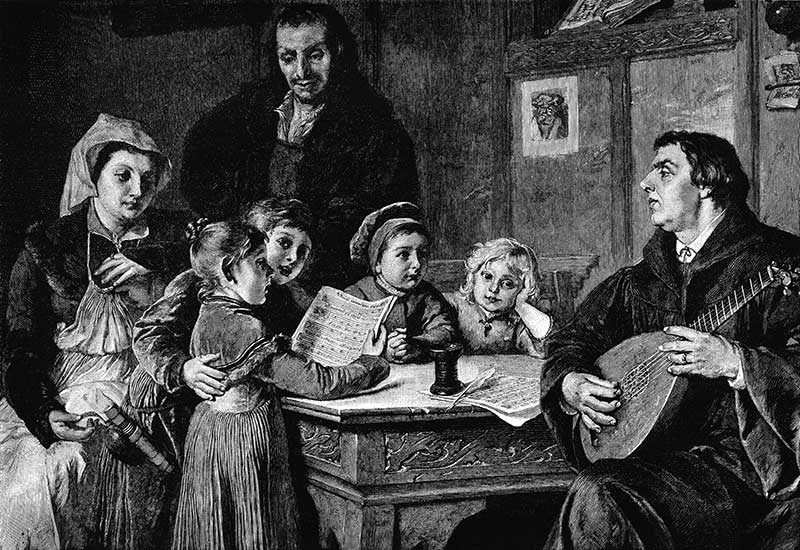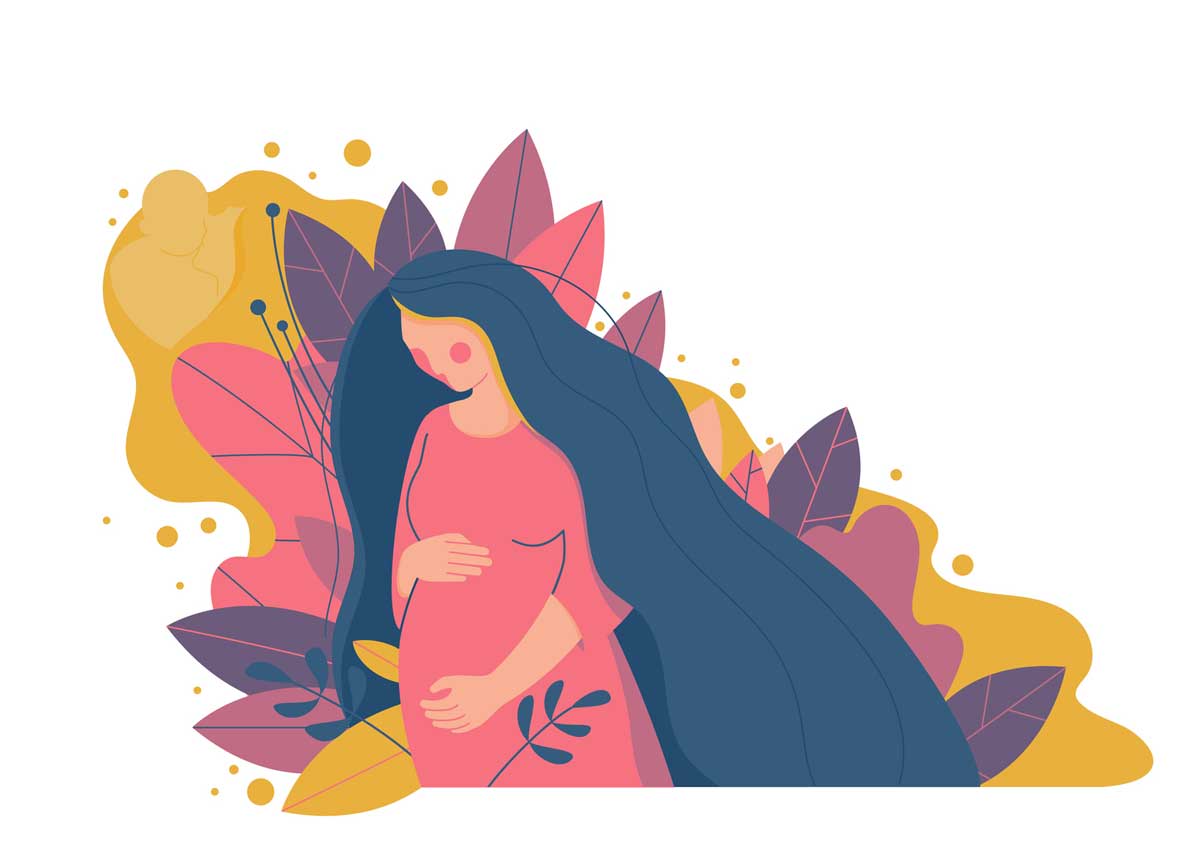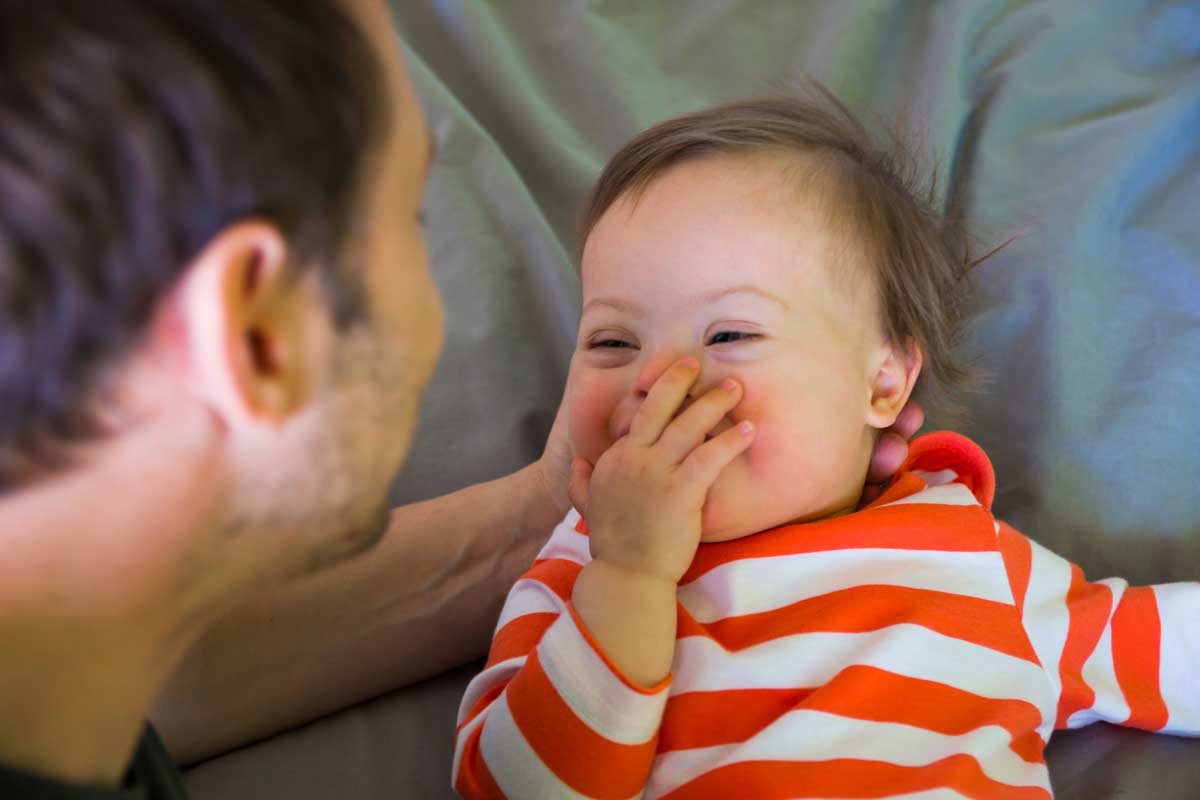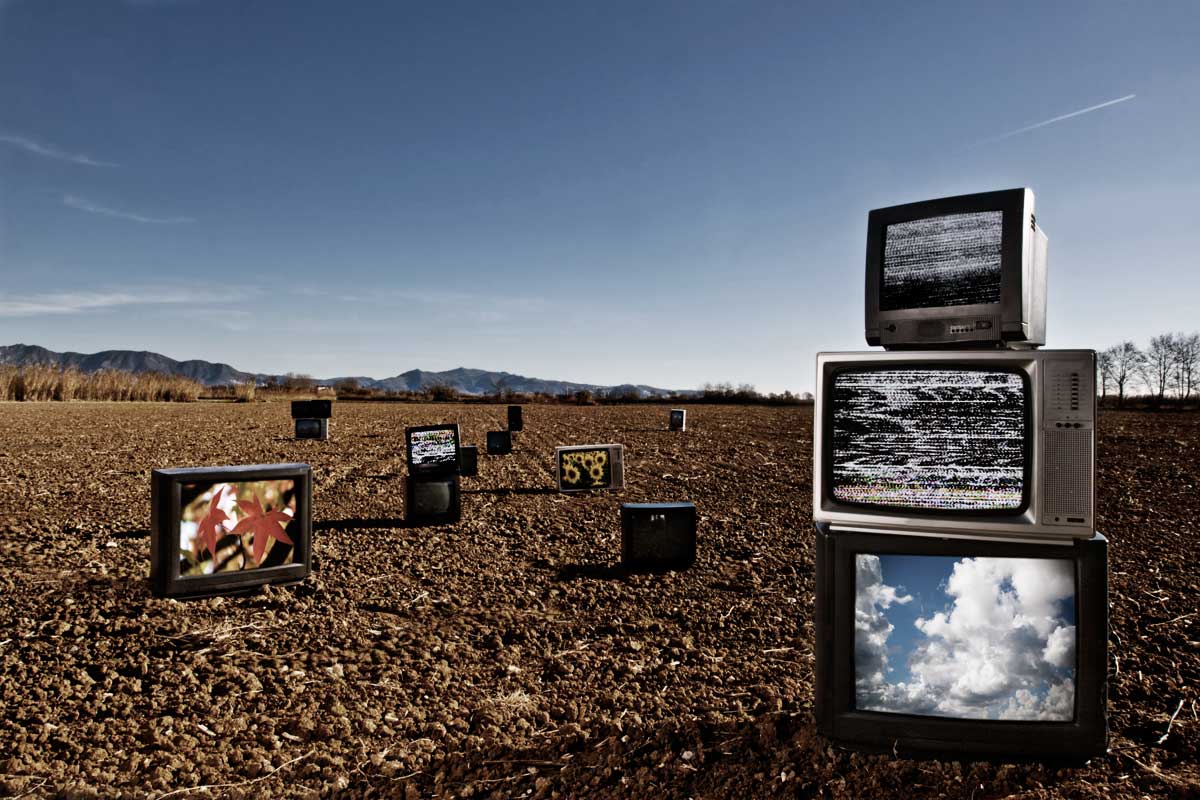Wedded Best
The Meaning of Marriage: Family, State, Market & Morals
edited by Robert P. George and Jean Bethke Elshtain
Spence Publishing, 2006
(335 pages, $29.95, hardcover)
reviewed by L. P. Fairfield
By the end of the last century, notes Louisiana State University law professor Katherine Shaw Spaht in this timely collection of essays, marriage had “evolved legally from an institution once heavily guarded from actual and perceived threats to a naked, fragile and unenforceable agreement of the parties themselves.”
This revolution in American society has substituted the emotional intimacy of adults for the responsible care of children as the primary value in marriage. And of course it has made lifelong commitment fragile, subject to the fickle variability of human emotions. And it has been almost completely undiscussed.
In 2004 the Witherspoon Institute sponsored a conference at Princeton University to discuss some of the problems the redefinition of marriage has raised. The Meaning of Marriage, edited by Princeton professor of jurisprudence Robert P. George (a senior editor of Touchstone) and University of Chicago social ethicist Jean Bethke Elshtain, presents eleven papers from that conference.
Contributors include George, political philosophers Hadley Arkes, Roger Scruton, and Seana Sugrue, economist Jennifer Roback Morse, historian Harold James, law professors David Forte and Katherine Shaw Spaht, and marriage scholars Maggie Gallagher, Don Browning, Elizabeth Marquardt, and Bradford Wilcox. The essays make four salient points.
Good Marriage
1. Marriage is good for children. Several of the essays (especially those by Browning and Marquardt, Gallagher, and Wilcox) summarize the research that demonstrates persuasively that heterosexual, faithful, permanent marriages benefit children in a multitude of ways.
Provided that the marriages are reasonably successful in negotiating their inevitable conflicts, study after study shows that children in intact families are safer, healthier, and more socially competent than children from single-parent or reconstituted (her kids, his kids, their kids) families.
As Gallagher puts it, “The weight of social science evidence strongly supports the idea that family structure matters and that the family structure that is most protective of child well-being is the intact, biological, married family.” These scholarly conclusions are now supported by such a mountain of evidence that naysayers risk their intellectual integrity when they willfully ignore the data.
2. Marriage is good for society. Other essays in this volume (especially those by Morse, Sugrue, and Wilcox) distill the evidence that marriage benefits the American commonwealth. The eighteenth-century founders of America all recognized that the family was the schoolroom of social virtues like self-control, honesty, responsibility, and neighborly altruism. Alexis de Toqueville acknowledged in 1833 that American families (and the churches that supported them) created citizens fit for freedom.
subscription options
Order
Print/Online Subscription

Get six issues (one year) of Touchstone PLUS full online access including pdf downloads for only $39.95. That's only $3.34 per month!
Order
Online Only
Subscription

Get a one-year full-access subscription to the Touchstone online archives for only $19.95. That's only $1.66 per month!
bulk subscriptions
Order Touchstone subscriptions in bulk and save $10 per sub! Each subscription includes 6 issues of Touchstone plus full online access to touchstonemag.com—including archives, videos, and pdf downloads of recent issues for only $29.95 each! Great for churches or study groups.
Transactions will be processed on a secure server.
more on family from the online archives
more from the online archives
calling all readers
Please Donate
"There are magazines worth reading but few worth saving . . . Touchstone is just such a magazine."
—Alice von Hildebrand
"Here we do not concede one square millimeter of territory to falsehood, folly, contemporary sentimentality, or fashion. We speak the truth, and let God be our judge. . . . Touchstone is the one committedly Christian conservative journal."
—Anthony Esolen, Touchstone senior editor













